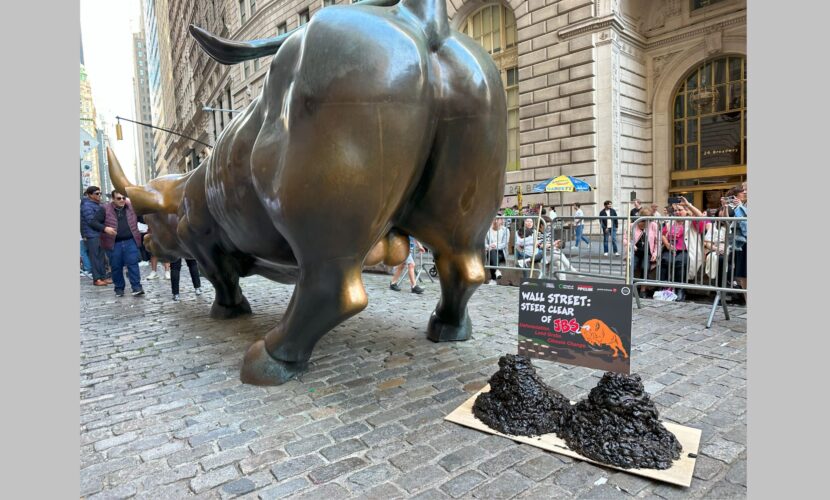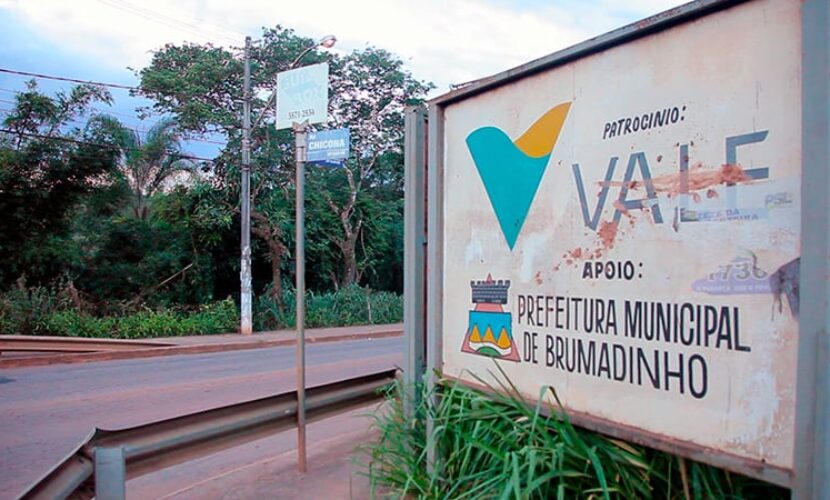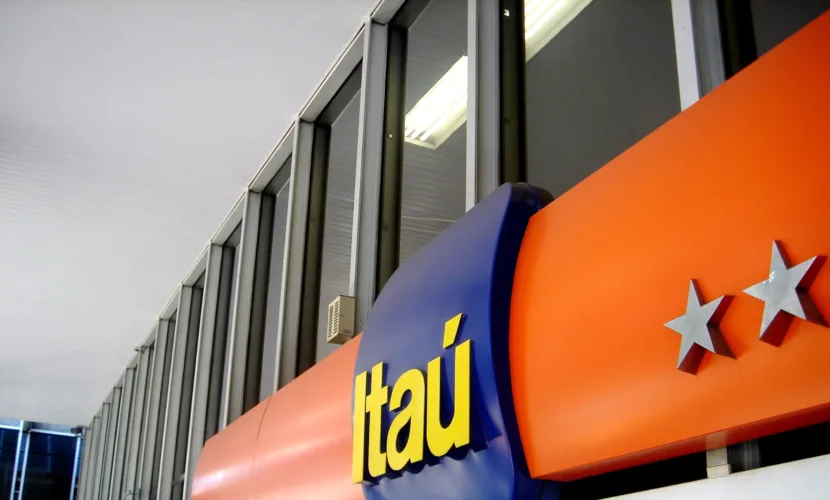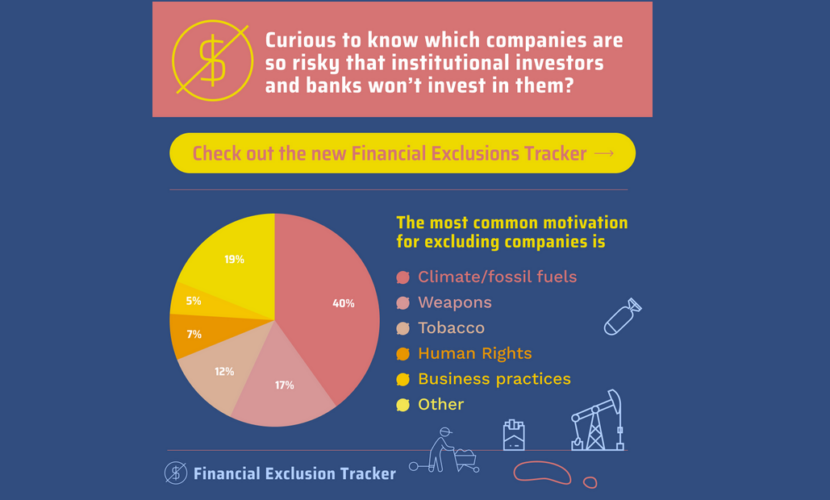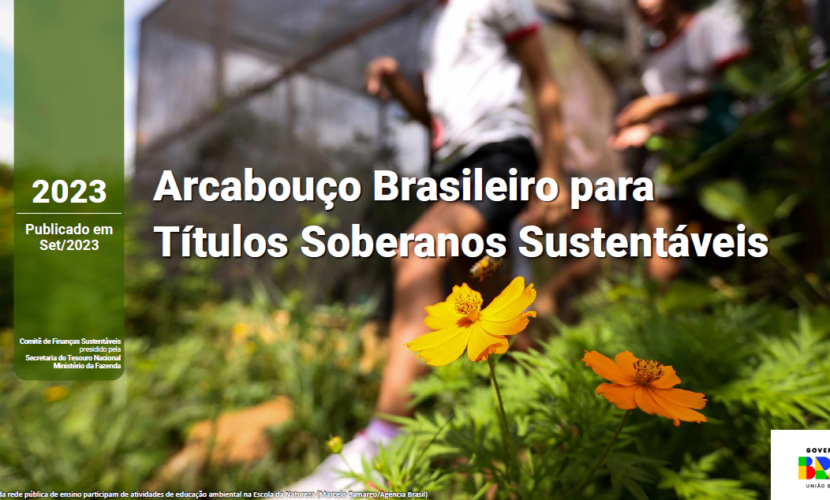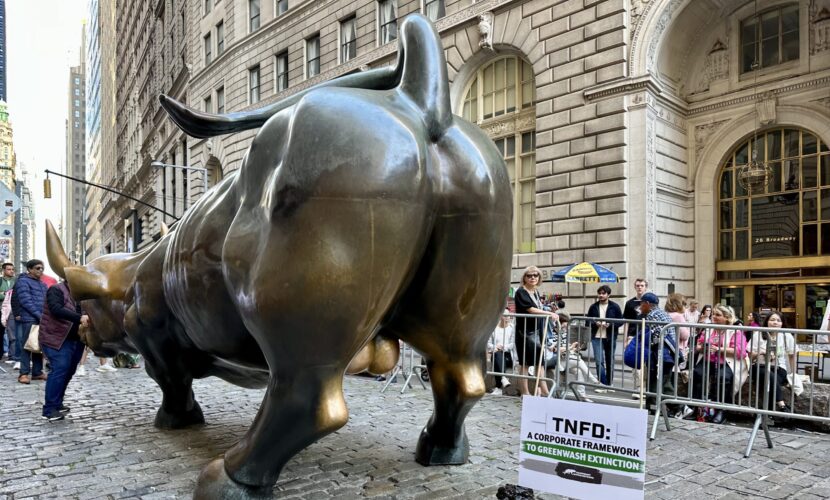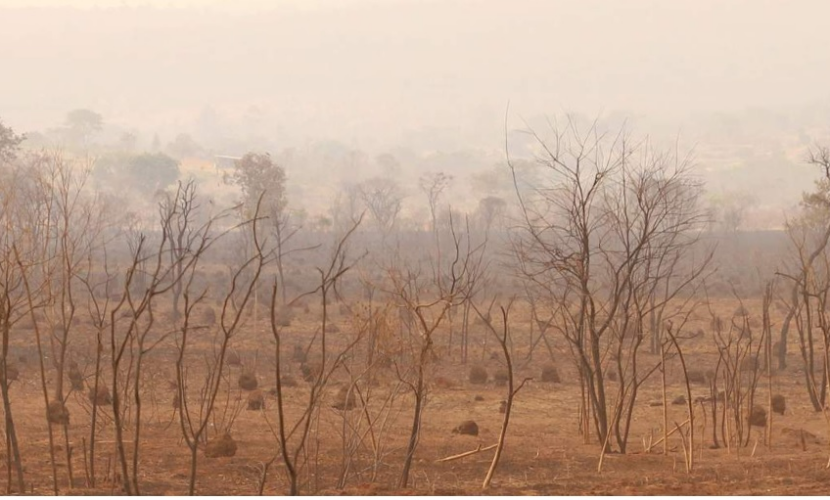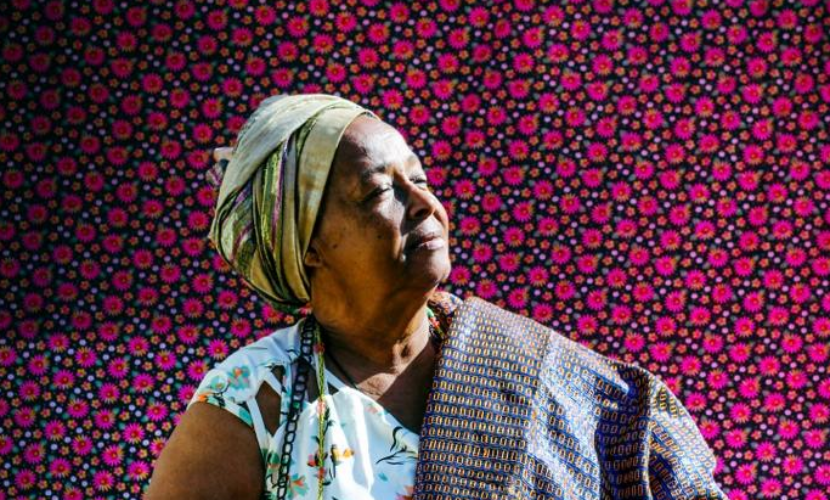Actualités
Royal Golden Eagle Group Links Global Brands and Financiers to Deforestation In the Leuser Ecosystem

RGE palm oil arm APICAL caught sourcing from notorious forest destroyer
Rainforest Action Network (RAN) field investigators have uncovered connections between major brands and banks, including Colgate-Palmolive, Nestlé, Mondelēz, Unilever, Kao and Japanese megabank MUFG as well as Dutch bank ABN AMRO and Chinese bank ICBC and the destruction of critical habitat of Sumatran elephants and orangutans. The complicity of these brands and banks in the deforestation of this lowland rainforest is due to their sourcing from, and financing of, the Royal Golden Eagle (RGE) group. RGE’s palm oil trading and processing arm, called APICAL, has been caught buying palm oil from a mill supplied by a producer that is actively destroying forests in the Leuser Ecosystem.
Royal Golden Eagle is a group of companies set up by one of Indonesia’s wealthiest tycoons, Sukanto Tanoto. RGE has long been associated with deforestation as it has aggressively established vast areas of oil palm and pulp plantations under the control of its subsidiary companies. This case of APICAL’s connection to the destruction of the Leuser Ecosystem is just the latest example of the corporate groups’ continued failure to enforce No Deforestation, No Peatland, and No Exploitation (NDPE) practices in its global supply chains. This ongoing scandal showcases the need for those enabling this complacency—its customers, joint venture partners and financiers—to stop the financial incentives that continue to flow to the conglomerate until it strengthens its published policies and changes its production and procurement practices.
Royal Golden Eagle (RGE) group caught sourcing from Controversial Palm Oil Mill and Producer Linked to the Destruction of the Leuser Ecosystem
RAN investigators have caught RGE buying palm oil from a mill supplied by PT. Tualang Raya, one of the worst palm oil producers in the Leuser Ecosystem. PT. Tualang Raya is known to have cleared over 269 hectares of forests since the government declared a moratorium on forest clearance for palm oil in January 2018. The company has cleared at least 60 hectares of lowland rainforest over the past six months. This is an increase in three times the rate of clearance from the six months prior and provides further evidence of the spike in deforestation in the Leuser Ecosystem since the outbreak of Covid-19.
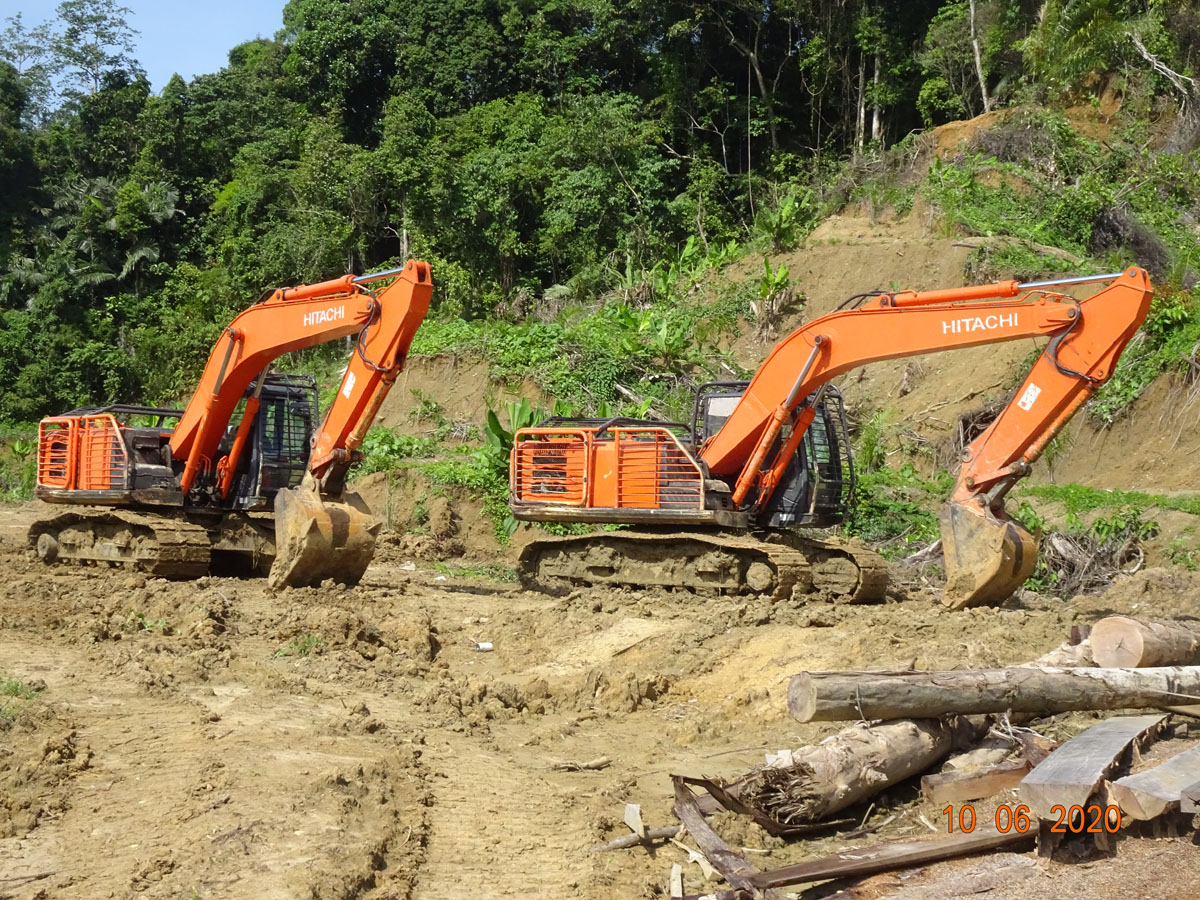
In June 2020, supply chain investigations found excavators in the concession of PT. Tualang Raya, proving that the company was actively clearing land. Investigators also witnessed mature oil palm fruit grown within the concession area being harvested and transported to a nearby mill operated by PT. Syaukath Sejahtera. The PT. Syaukath Sejahtera mill has been sourcing palm oil for a decade and is owned by Lukman Zam Zam (AKA Lukman Kande Agung), a major business man in Aceh. His businesses in agriculture, contracting, export & import and groceries are called PT. Syaukath Agro, PT. Kande Agung and PT. Kaye Adang Ekspress. Lukman Zam Zam is also listed in Panama Papers—the explosive international expose revealing the use of offshore companies and trusts, often to obscure financial misdeeds—via his shareholdings in the company Samyang International Ltd.
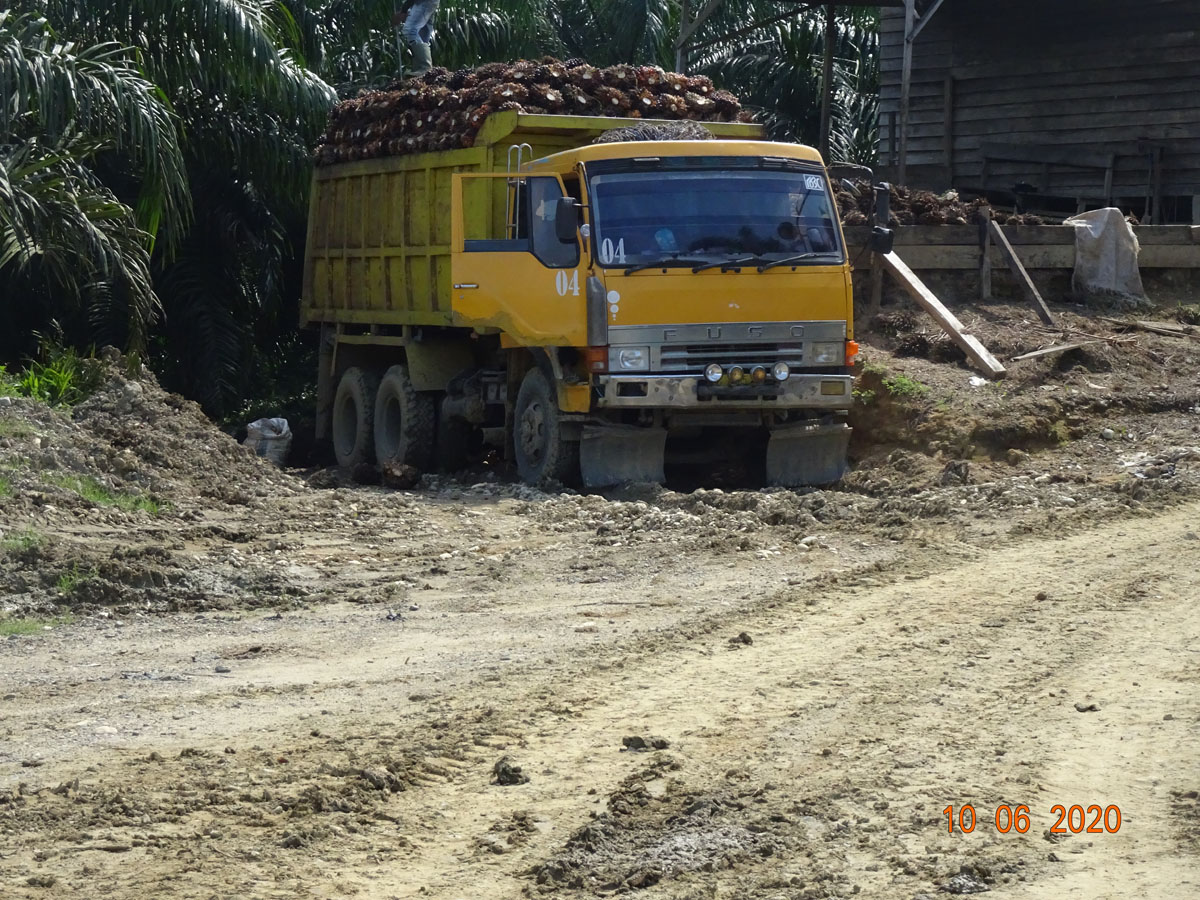
GPS Coordinate 04º47’23.73″N 97º30’58.89″E
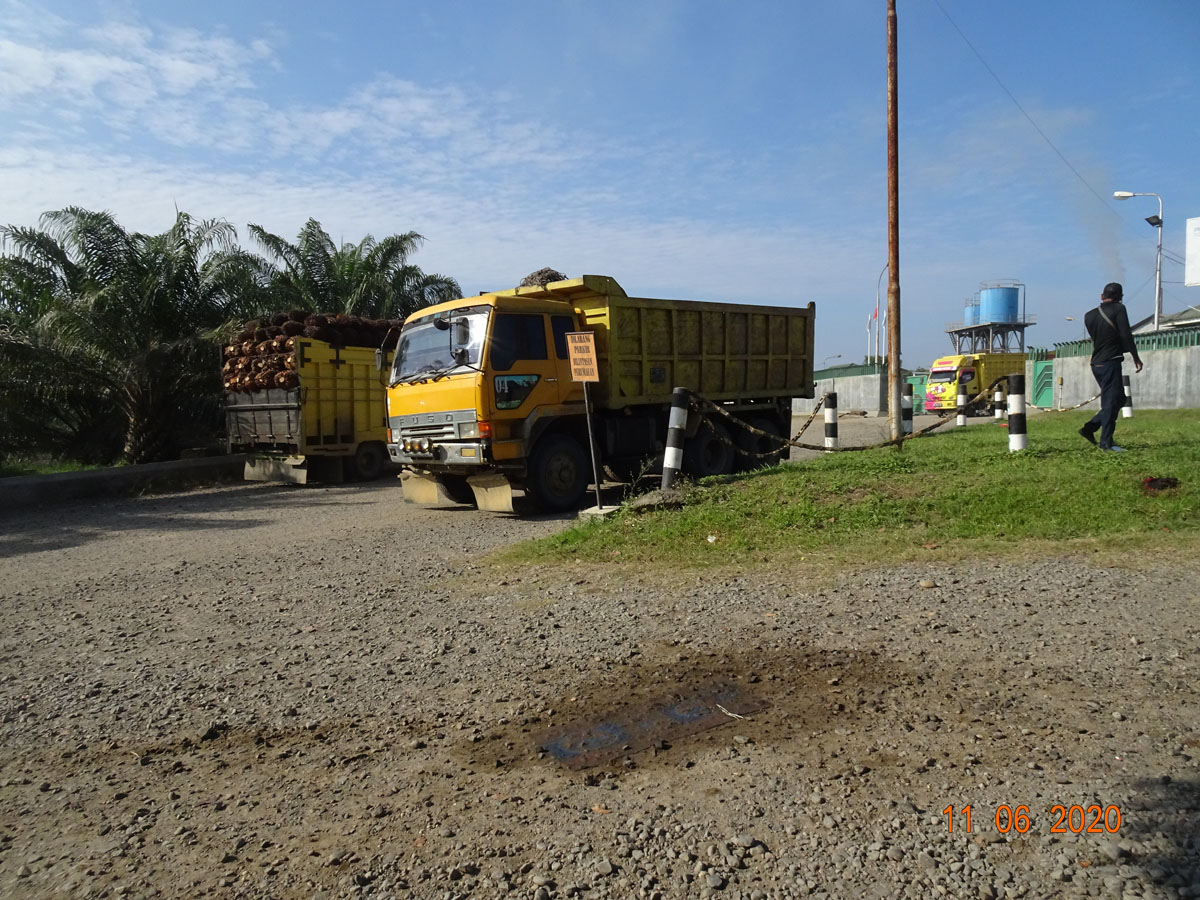
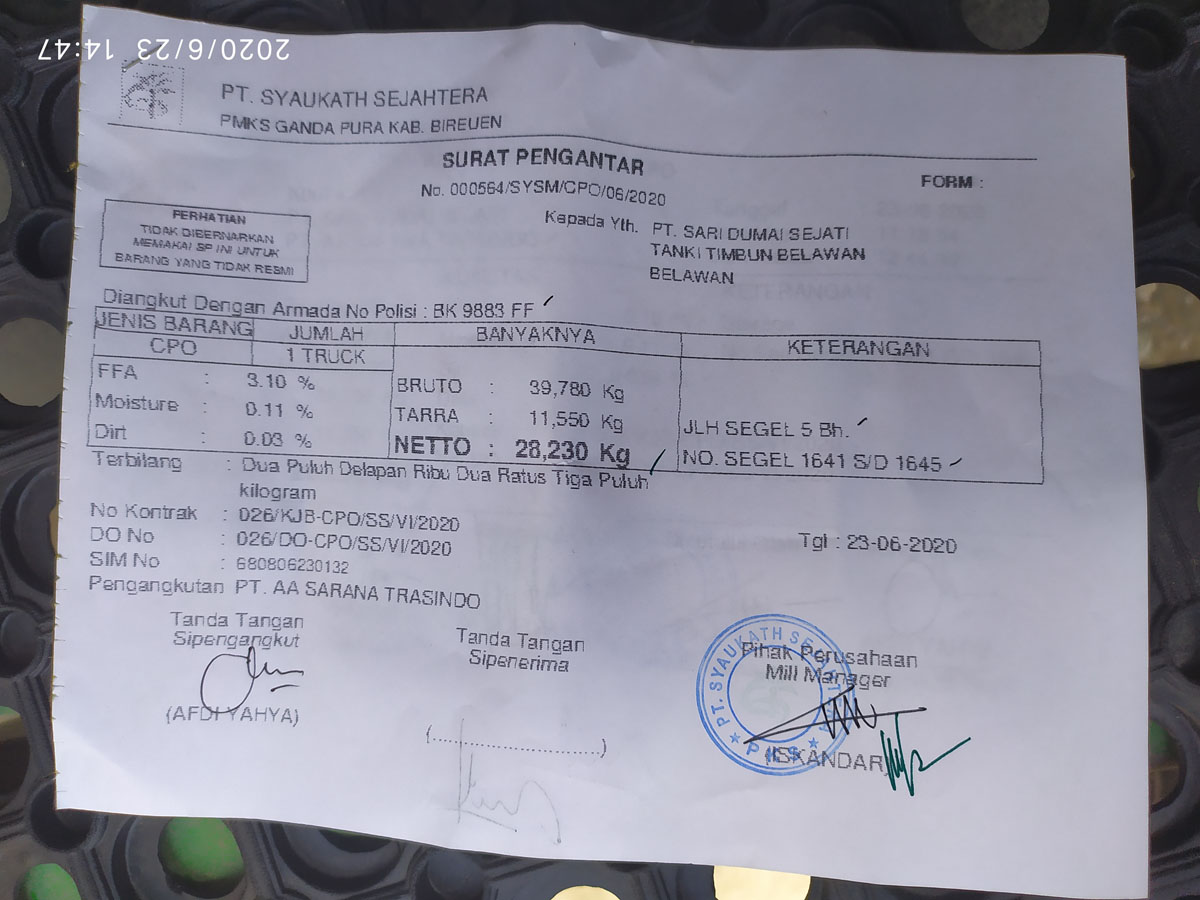
This investigation uncovered evidence that the mill caught sourcing from PT. Tualang Raya is a supplier to PT. Sari Dumai Sejati Tangki Timbun—a palm oil refinery operated by a subsidiary of APICAL—one of the palm oil arms of the Royal Golden Eagle Group.
RGE has long been associated with deforestation as it has aggressively established vast areas of oil palm and pulp plantations under the control of its subsidiary companies. This case of APICAL’s connection to the destruction of the Leuser Ecosystem is just the latest example of the corporate groups’ continued failure to enforce its commitments to No Deforestation, No Peatland, and No Exploitation (NDPE) practices in its global supply chains. A majority of the land controlled by the RGE group is operated by Asia Pacific Resources International Limited (APRIL), Asian Agri, and RGE’s associated company Toba Pulp Lestari (TPL). In the past few years, APRIL has been exposed for sourcing from companies destroying forests, such as PT Fajar Surya Swadaya of the Djaram Group in East Kalimantan, and reports continue to be published documenting the egregious and ongoing violation of rights of communities impacted by its operations.
APRIL’s pulp plantations alone have negatively impacted over 500 communities. Over 100 communities are, or have been in active conflict with RGE and its suppliers. In the Lake Toba region of North Sumatra, the ancestral home of the Indigenous Batak people, over 20 communities, with more than 3,000 families are impacted by the pulp operations of Toba Pulp Lestari. Many of these communities continue to take action to reclaim their territory which stretch across more than 25,000 hectares of forest and customary lands.
Despite the controversy surrounding the RGE Group, its subsidiaries continue to profit from business relationships with a significant number of global and Japanese banks and brands.
RGE subsidiary APICAL has a joint venture partnership with Japanese personal care giant Kao. Kao is considered a leader in the Japanese Consumer Goods manufacturing sector as it was the first company to adopt a No Deforestation commitment. Kao has recently taken a step forward by publishing a list of the mills it may be sourcing from. PT. Syaukath Sejahtera is included in the list. It is clear that Kao must take accelerated action to enforce its policy throughout its supply chain. Other brands in Japan including noodle giant Nissin Foods—a major laggard that just adopted a No Deforestation, No Peatland and No Exploitation policy last month—are also at risk as mill lists show that palm oil from this problematic mill may be imported into Japan and other countries where they manufacture their instant noodle products, including by Fuji Oil and its parent company Itochu group.
Published mill lists also prove that PT. Syaukath Sejahtera has been a supplier to global brands across Europe and North America including Colgate-Palmolive, Nestlé, Mondelēz and Unilever via secondary traders AAK, ADM IOI, Bunge Loders Croklaan, Cargill, and Fuji Oil. Other brands such as Mars continue to source from RGE’s other palm oil arm Asian Agri. Each of these brands, and their suppliers have failed to translate their no deforestation into actions that Keep Forests Standing in the Leuser Ecosystem.
RGE has received significant financing from multinational banks, including those with stringent Environmental, Social and Governance (ESG) financing criteria. Between 2017 and April 2020, RGE received close to $2.6 billion in loans for its pulp & paper operations, of which over $1.8 billion was directed to APRIL. Some of the largest lenders have included Japanese megabank Mitsubishi UFJ Financial Group (MUFG) as well as Dutch bank ABN AMRO, despite both being signatories to the UN Principles for Responsible Banking (PRB) and having policies on financing sustainable palm oil. ABN AMRO’s financing of RGE is particularly egregious given its explicit requirement that clients who produce or process palm oil have a “commitment to source from plantations which protect HCV Forest, HCS and peatland.” RGE also receives significant financing from banks headquartered in China and Taiwan, including the Industrial and Commercial Bank of China (ICBC), which is also a signatory to the PRB.
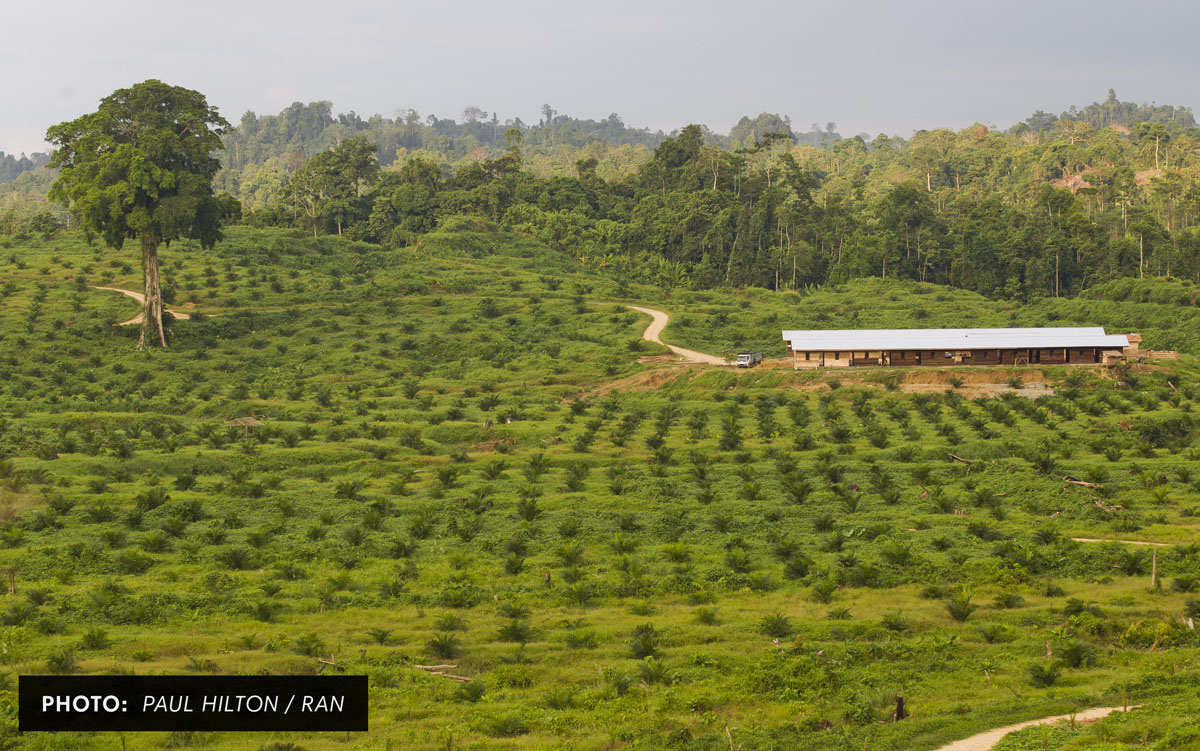
The reputations of major brands and banks continue to face serious risk of damage through association with RGE. To insulate themselves from market backlash, these brands and banks must all suspend sourcing from, or financing of the Royal Golden Eagle group and all its subsidiaries and associated companies: APICAL, Asian Agri, APRIL, Toba Pulp Lestari, Asia Symbol, Bracell, Sateri, Asia Pacific Rayon and Superventure. All business relationships must be suspended until RGE, and all its subsidiaries and affiliated companies, strengthen policies and procedures to align with No Deforestation, No Peatland and No Exploitation benchmarks, and can prove independently verified compliance with a set of preconditions including ending deforestation in its third party suppliers operations, remedy harm and resolve conflicts with communities including return of community lands affected by its plantation developments, and restore vast areas of peatlands.
Japanese and global brands and traders must also immediately adopt No Buy policies for the problematic suppliers PT. Syaukath Sejahtera and PT. Tulang Raya and scale up interventions to halt deforestation for palm oil in Aceh Timur—an epicentre for deforestation in the Leuser Ecosystem.
